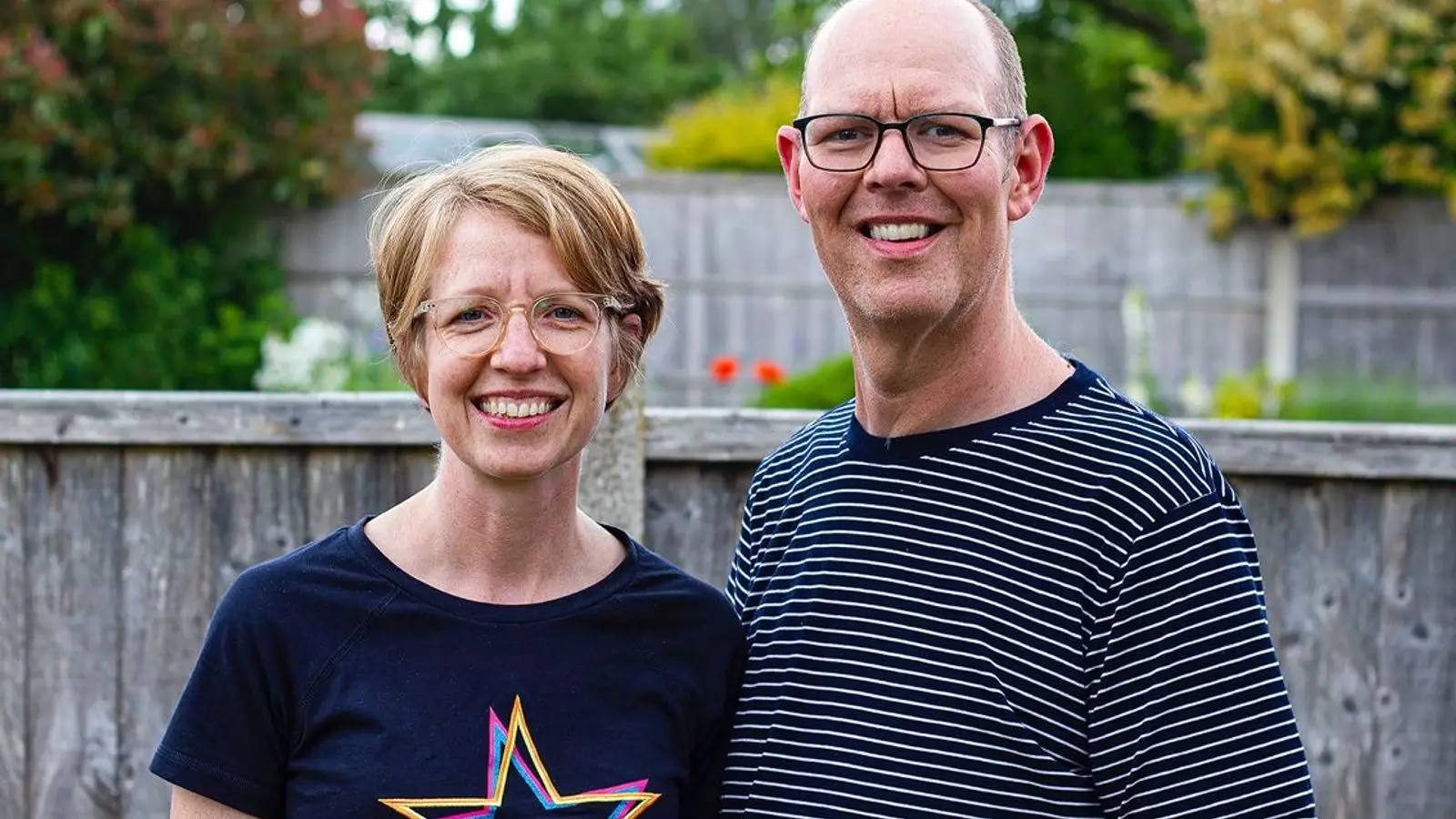The recent conviction of Hassan Jhangur for murder serves as a stark reminder of how chaos and violence can erupt from seemingly mundane moments. While the court has deemed him guilty for a brutal series of events, including the tragic death of a compassionate bystander, the case exposes uncomfortable truths about community conflict, justice, and accountability. This incident isn’t just about individual culpability; it’s a reflection of societal tensions that often simmer beneath the surface, threatening to explode with devastating consequences.
Jhangur’s act, a calculated and ferocious assault using his vehicle as a deadly weapon, underscores the dangerous escalation when personal grievances intertwine with communal discord. The fact that he targeted a wedding—a symbol of union and hope—only deepens the horror. It’s easy to villainize him as a lone actor, but this tragedy reveals a broader climate of unresolved tensions and social polarization that can boil over violently. Justice must go beyond punishing individuals; it must scrutinize the roots of such violence and address systemic failures that may foster these destructive outbursts.
The Dangers of Revenge and Disintegration of Social Fabric
At its core, this incident illustrates how a fractured community can breed resentment and hostility. The fallout from the wedding—stemming from familial disputes over location and timing—was a powder keg waiting to ignite. The absence of dialogue and understanding between families, coupled with simmering grievances, created a volatile environment ripe for tragedy. Hassan Jhangur’s actions might seem impulsive, but they are rooted in deeper issues of honor, loyalty, and perceived injustices.
This event also underscores the moral failure of individuals, including Jhangur himself, who chose violence as their solution. His words, “That’s why you don’t mess with the Jhangurs,” reveal an arrogant sense of impunity, a dangerous mindset that emergencies and moral boundaries are mere inconveniences. Society must recognize that when respect for law and human life erodes, chaos becomes inevitable. Responsibility must be shared—not only among perpetrators but also in how communities manage conflicts and uphold social cohesion.
The Fallacy of Simplistic Justice
The court’s decision to convict Jhangur of murder, based on the doctrine of transferred intent, is legally sound but raises questions about moral accountability. While Jhangur’s actions undeniably resulted in Mr. Marriott’s death, the intricacies of intent reveal the complex web of causality in violent incidents. The fact that he initially targeted members of the Khan family, then drove into bystanders, exemplifies how violence can spiral beyond individual control—yet the court still assigns moral blame.
This ruling prompts us to question whether our justice system can truly account for the nuances of such events. Is it enough to punish the individual acts, or should there be a focus on preventing such outbreaks through community intervention? The criminal justice system often privileges retribution over prevention—a short-sighted approach that fails to address underlying issues fueling community tensions.
Community and the Myth of the Benevolent Bystander
The tragic deaths of people like Chris Marriott and Alison Norris reveal the profound sacrifice of everyday citizens stepping into danger to help others. Their actions embody compassion and a commitment to communal well-being, qualities that should be celebrated rather than overshadowed by violence. Yet, their deaths expose the fragility of this moral fabric.
It’s crucial to acknowledge that these helpers weren’t merely collateral victims; they were emblematic of a society that still values kindness. Their willingness to intervene highlights a beacon of hope amidst darkness, but it also underscores how societal neglect and division make such heroes vulnerable. This tragedy should serve as a call to reinvest in social cohesion and conflict resolution, rather than allowing communities to drift into despair and distrust.
Society’s Role in Preventing Future Tragedies
While justice must be served in concrete terms, there is a pressing need for systemic change. The root causes of violence—poverty, lack of community engagement, unaddressed grievances—must become central in our response. Simply punishing individuals like Jhangur without tackling the social environment that fosters such behavior is a shortsighted approach.
Community programs, mental health initiatives, and enhanced dialogue between different factions can create buffers against chaos. When society neglects these aspects, incidents like this become inevitable. The tragedy of Mr. Marriott and others should inspire a shift towards a more compassionate, cohesive society where conflicts are resolved through understanding rather than violence.
In a world where violence appears increasingly normalized, the courage and sacrifice of ordinary citizens become more vital. Our societal mandate extends beyond punishment; it demands proactive efforts to cultivate a culture of respect, dialogue, and shared humanity. Only then can we hope to curb the cycle of violence that unmistakably continues to threaten the very foundations of social harmony.

